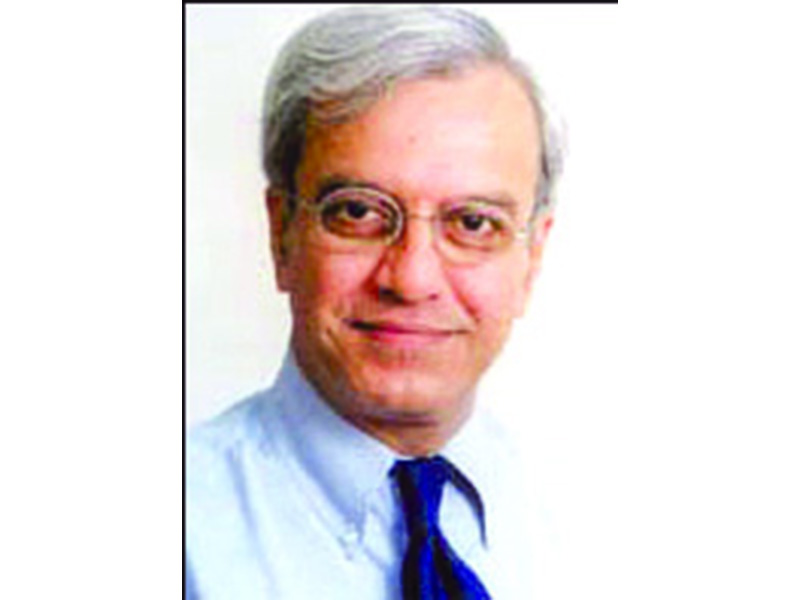Winning elections is different from effective policy formulation. With the economy, foreign policy, defence, and a myriad other fields, the government has come a cropper
In the nineteenth century, two Boston Brahmins — Ralph Waldo Emerson and Henry David Thoreau — together with Russian aristocrat Lev Nikolayevich Tolstoy, were leading voices against the iniquities of the industrial revolution. They advocated compassion and welfare as antidotes to workers distressed by the excesses of technology.
Inspired by these 19th century activists, Mohandas Gandhi fired up the incipient freedom movement led by the Indian National Congress. The target was the British Raj, a draconian colonial government that practised industrial near slavery. Gandhi was quick to discern that the entire structure of colonial rule depended on the participation of its subjects. He launched the non-cooperation movement and along with it a swadeshi campaign that called for the boycott of British made products. The rest is history.
India started on its journey as a proud democracy and won plaudits the world over for holding fast to the concept of universal adult franchise. Articulated in Article 326 of the Constitution, it enshrines the right of all citizens to vote for governments of their choice. In the event, the charter guarantees freedom of choice in politics and government.
But — and that’s a big but — leaders of the new republic were not enamoured of free markets and private enterprise. As critics of India’s colonial experience, they came to believe the two were instruments of control by the few over many. The choices available to Indians in politics weren’t matched in the economy. From the very start, the economy was hobbled by State intervention.
An additional factor was the dominance of Prime Minister Jawaharlal Nehru. From his days at Cambridge University, he was fascinated by the Soviet Union. Enamoured of its high-thinking ideology, in which the state played a central role in setting economic and social priorities, he set up the Planning Commission, which was intended as a council of the best and brightest.
Under Nehru, scientific temper became the sine qua non of development philosophy. It was an open minded way of thinking, welcoming of new knowledge and experimentation. Discussion and analysis were held to be vital ingredients along with the readiness to confront development challenges and overthrow superstition and bigotry. In short, he embraced rationality and observation, rather than dogma and ritual.
Nehru’s aversion to religion was well-known; he believed it to be the root of stagnation in society and dismissed it as a set of beliefs and practices that “shuts its eyes to reality”. He thought of its adherents as self-centred and intolerant of others’ ideas and opinions.
Thanks to Nehru and his band of enlightened supporters, India was set on the path of modernisation. However, poverty persisted because the five-year plans introduced by the Planning Commission did little to improve the lot of common people. Bureaucrats ran government and businesses. The idea was to bring to bear the minds of the best and the brightest on the country’s development. But they were unequal to the task.
The political class was sold on the ideology of planned growth. Perhaps the most noxious outcome was the systematic way private enterprise and free markets were projected as ideologies of repression. The resultant low growth economy simply increased poverty and worse, aggravated inequality. India was riven with conflicts based on language and ethnicity. A classic example was Punjab which struggled with militancy over Khalistan in the 1980s.
As it struggled to govern the vast population, the bureaucracy shut out essential notions of economic choices, believing it knew best. India was stuck in a rut at a time when the world was surging ahead on the wings of technology. Through the 1980s, faced with the pressures of globalisation, the government relented, allowing foreign investment in hitherto barred areas such as telecom, financial services, and consumer goods.
Finally in 1991, the Congress government revoked the industrial licensing and control regime. The economy was set loose. An economic boom followed as GDP growth soared. The period evoked an excitement best captured by the 19th century English poet, William Wordsworth: “Bliss it was in that dawn to be alive…”
As always, there was a dark side. As reforms shone a light on the economy, there were shadows. Among them were hidden bigoted forces that threatened to derail the entire edifice that Nehru built, and his progressive descendants expanded and embellished. Since 2014, they’ve managed to win elections on a nakedly communal agenda and form the government.
However, winning elections is different from effective policy formulation. With the economy, foreign policy, defence, and a myriad other fields, the government has come a cropper. The economy is in free fall, relations with neighbours are questionable, China has occupied large swathes of Indian territory in Ladakh and Arunachal Pradesh, and the West is back to its old ways of putting India on the back burner.
An entire decade of growth has been negated and a primordial mindset reigns.
(Rajiv Desai is president of Comma Consulting and a well-known Delhi-based columnist)
